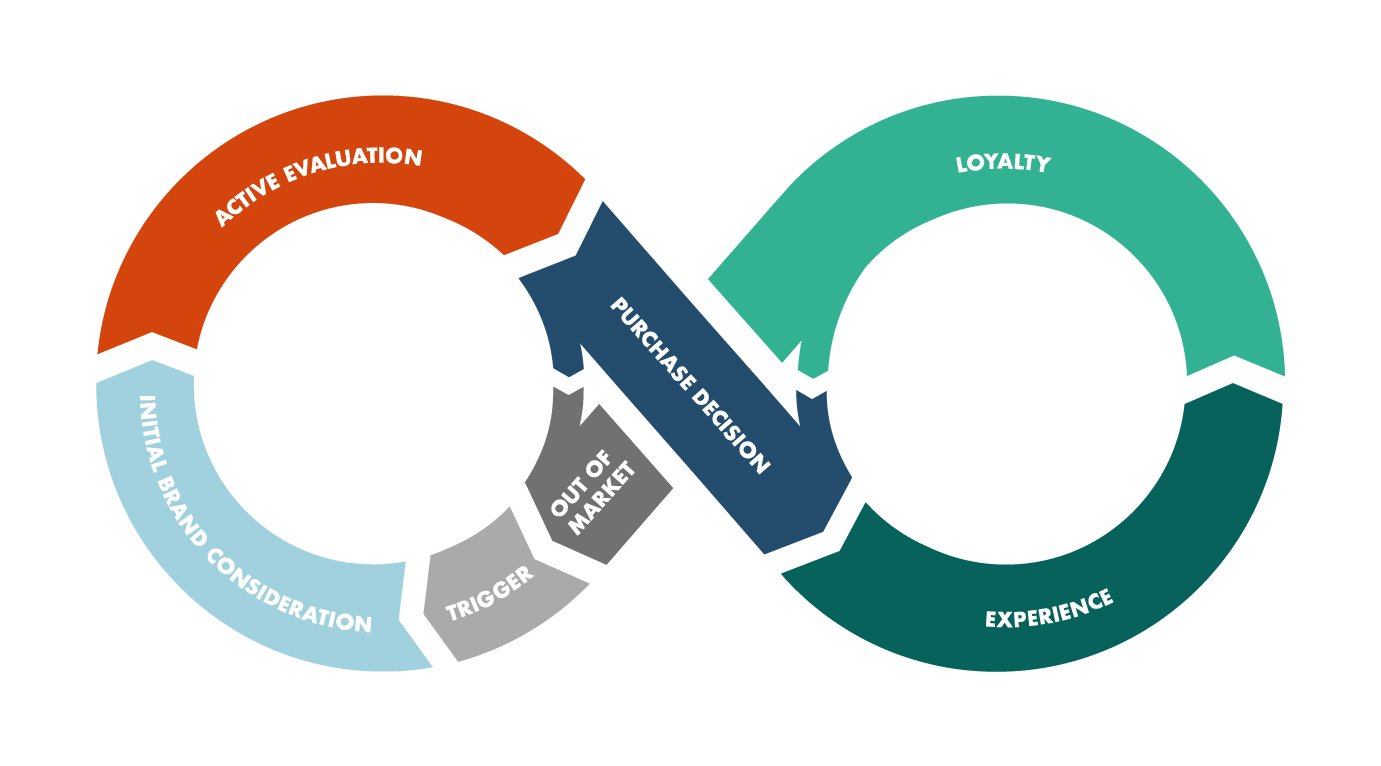Remote Work Policies: A Comprehensive Guide

In recent years, remote work has transformed from a niche practice into a mainstream business model. Companies like Quasi business.com and other industry leaders have recognized the immense benefits of allowing employees to work remotely. This shift has been accelerated by advancements in technology, changing workforce expectations, and global events that necessitated flexible work arrangements. However, to ensure productivity, collaboration, and compliance, organizations must develop clear and effective remote work policies.
Key Elements of a Remote Work Policy
A well-defined remote work policy provides guidelines on expectations, responsibilities, and procedures for both employers and employees. Here are the key elements to consider:
1. Eligibility Criteria
Not all job roles are suitable for remote work. Companies should specify which positions qualify for remote work and the criteria employees must meet to be eligible. Factors like job nature, performance history, and the ability to work independently should be considered.
2. Work Hours and Availability
To maintain consistency, companies should set clear expectations about work hours, response times, and availability. While flexibility is a significant advantage of remote work, defining core working hours ensures smooth collaboration between team members across different time zones.
3. Communication Guidelines
Effective communication is crucial in a remote setting. Organizations should outline the preferred communication channels, such as email, instant messaging apps, and video conferencing tools. Setting protocols for regular check-ins, virtual meetings, and progress updates can help maintain transparency and engagement.
4. Data Security and Confidentiality
Remote work often involves handling sensitive company information outside a secured office environment. Businesses should implement stringent data security measures, such as VPN usage, encryption, and multi-factor authentication. Employees must be trained on best practices to prevent data breaches and cyber threats.
5. Productivity and Performance Monitoring
Employers need a system to assess remote employees’ productivity without micromanaging them. Setting clear KPIs (Key Performance Indicators), using project management tools, and conducting periodic performance reviews can help ensure accountability while respecting employees’ autonomy.
6. Equipment and Tech Support
Companies must decide whether they will provide employees with necessary equipment like laptops, internet reimbursements, and ergonomic setups or if employees will use their own devices. Additionally, access to IT support should be available to troubleshoot technical issues promptly.
7. Work-Life Balance and Well-Being
One of the challenges of remote work is the blurring line between professional and personal life. Employers should encourage work-life balance by promoting regular breaks, mental health resources, and virtual team-building activities to maintain a sense of connection and belonging.
Benefits of a Well-Structured Remote Work Policy
A comprehensive remote work policy offers several benefits, including:
- Increased Productivity: Employees often report higher efficiency levels when working remotely due to fewer office distractions and reduced commuting time.
- Cost Savings: Businesses save on overhead costs such as office rent, utilities, and supplies.
- Wider Talent Pool: Companies can hire top talent globally without being restricted by geographical boundaries.
- Employee Satisfaction: Work flexibility improves job satisfaction, leading to better retention rates and morale.
- Environmental Impact: Fewer commutes mean reduced carbon footprints, making remote work an eco-friendly choice.
Conclusion
Remote work is here to stay, and organizations must implement strong policies to maximize its advantages. A well-crafted remote work policy ensures clarity, efficiency, and fairness, benefiting both employees and employers. As businesses continue to evolve in the digital age, embracing remote work with structured policies will be a crucial step toward long-term success.






